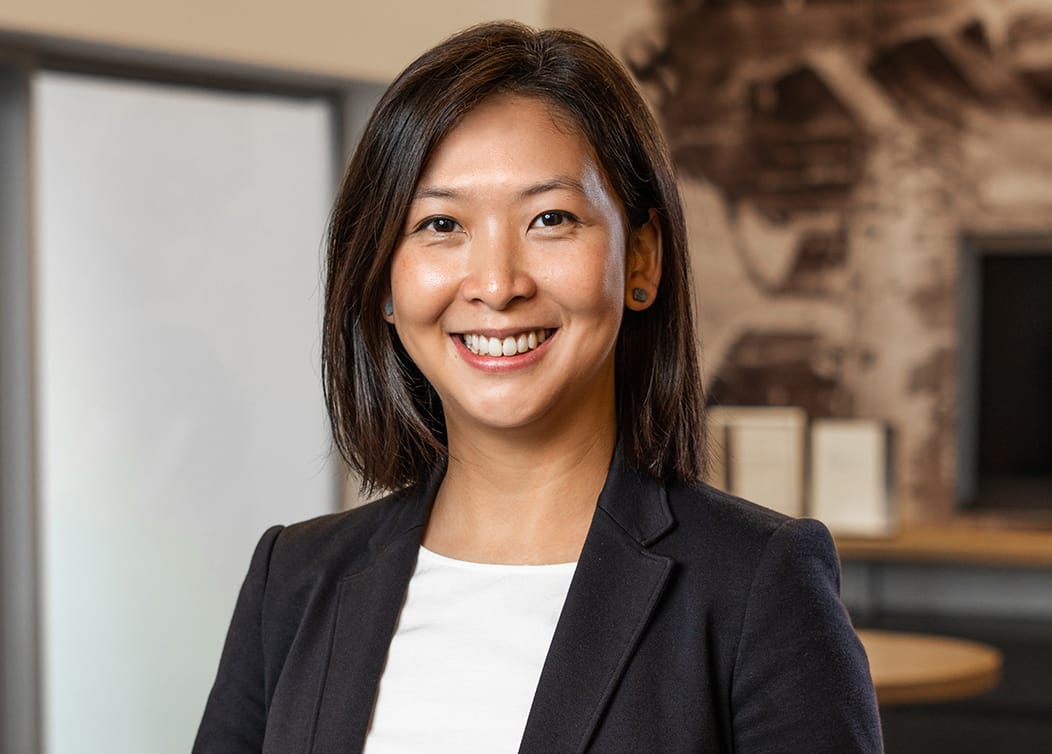
Australia felt like a new world for Wei Sue when she transferred from Monash University’s Malaysia campus 18 years ago to study at Clayton in Melbourne.
Fresh out of school having completed her 0 Levels in Singapore, the 18-year-old had started a science degree in Malaysia, majoring in biotechnology and environmental management, but was drawn to the diversity of subjects offered in Australia, such as genetics and animal behaviour.
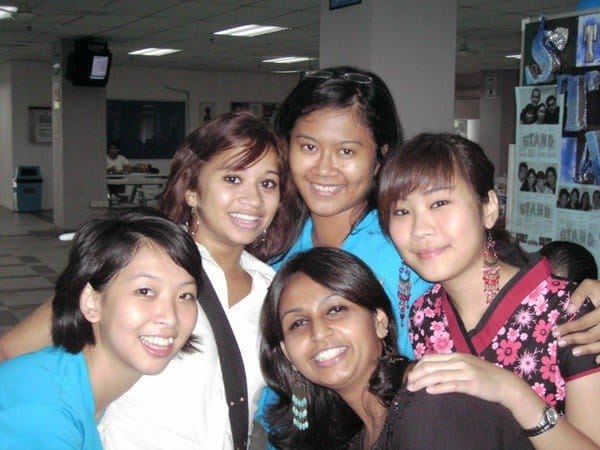
Fast-forward, and Wei is now acting CEO of Climateworks Centre, which sits within the Monash Sustainable Development Institute, and is accelerating the transition to net zero emissions for Australia, Southeast Asia and the Pacific. Wei recently celebrated her 12-year anniversary with the organisation.
Her impact through research projects such as the Southeast Asia Framework for Ocean Action Mitigation is a shining example of the vital role international students can provide to Australia by filling a gap in the job market.
Wei has also developed decarbonisation strategies, including Monash University’s Net Zero Strategy, and is managing the Energy Productivity Index for Companies project, which supports investors with information needed to engage portfolio companies on energy issues.
“I'd like to think that I've contributed something to society and the Australian economy,” Wei says. “I actively pursued a career in climate and sustainability, which is such an emerging area of importance for Australia and the rest of the world.
“Having a connection with Malaysia and Singapore through family and friends is still very important to me. To contribute to the development of sustainability and climate issues in those countries while working in Australia is something I get a huge sense of fulfilment from.”
The importance of diversity
When Wei arrived in Australia in the early 2000s to study, she lived on Browns Road, Clayton, but it was a very different place then to what it is today. The suburb was only starting to build its identity, with a growing number of international students calling the area home, drawn, like Wei, to its proximity to Monash University’s main campus.
Now Clayton Road is bustling with restaurants and specialty shops servicing its rich multicultural profile. Wei believes there’s a certain cohort who have played a big part in this gentrification – international students.
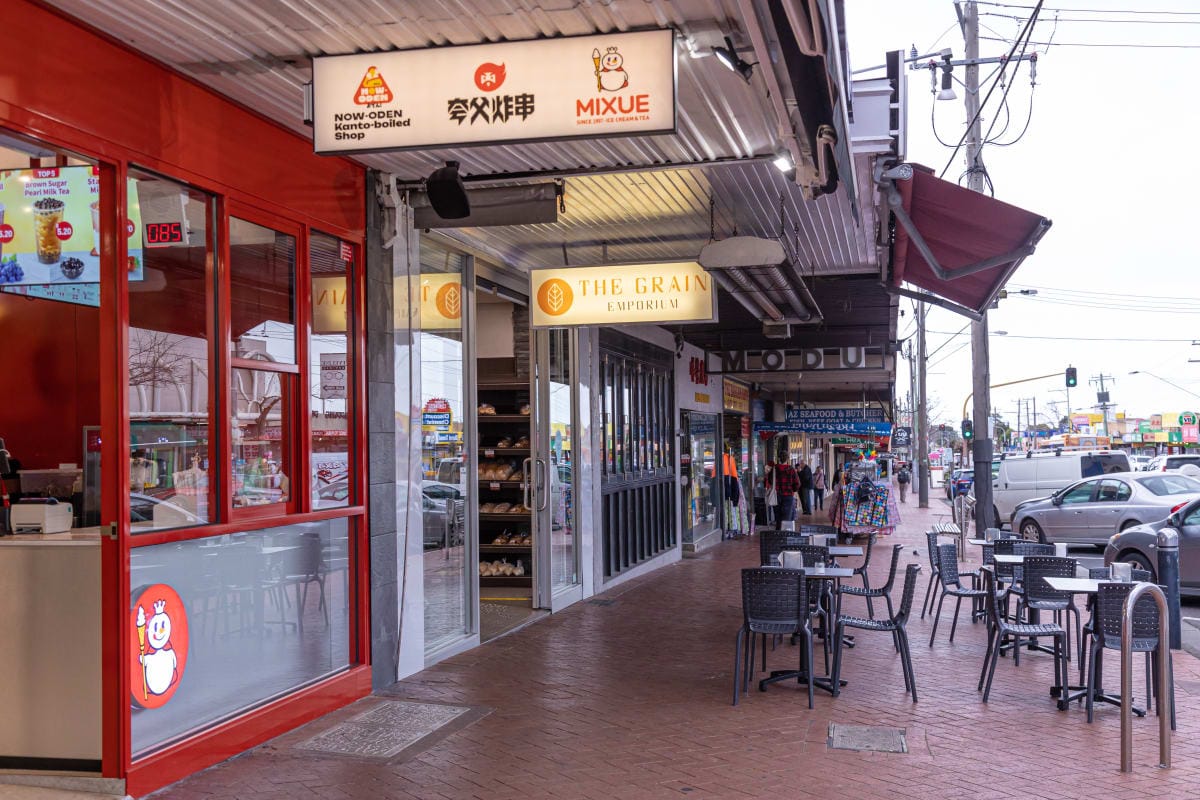
“You look around Clayton now, and the diversity of businesses and restaurants is reflective of the diversity of students who have attended the Clayton campus,” says Wei.
But it’s not just smaller businesses that have benefited, according to Wei.
“Other sectors and industries have really developed and grown since I began my studies. They exist because of the Monash Clayton campus and the diversity of the researchers who studied here from around the world.
“Science is very diverse in terms of its mix of subjects, so I met students from all walks of life and different backgrounds. This was important because it really broadened my horizons as a young university student.
“The diversity adds so much value, not just for international students, but for domestic students, too.
“When the [international student] caps do come in, that’s one element that will be lost. International students will lose the opportunity to experience studying abroad, and being able to stay and pursue a career that fills a gap in the job market.
“That would be a loss that could affect the Australian economy,” she warns.
International student success stories
Vedant Gadhavi, president of the International Student Association at Monash University, together with his team, organises a welfare lunch every second Wednesday that helps feed hundreds of students at the Monash Clayton campus.
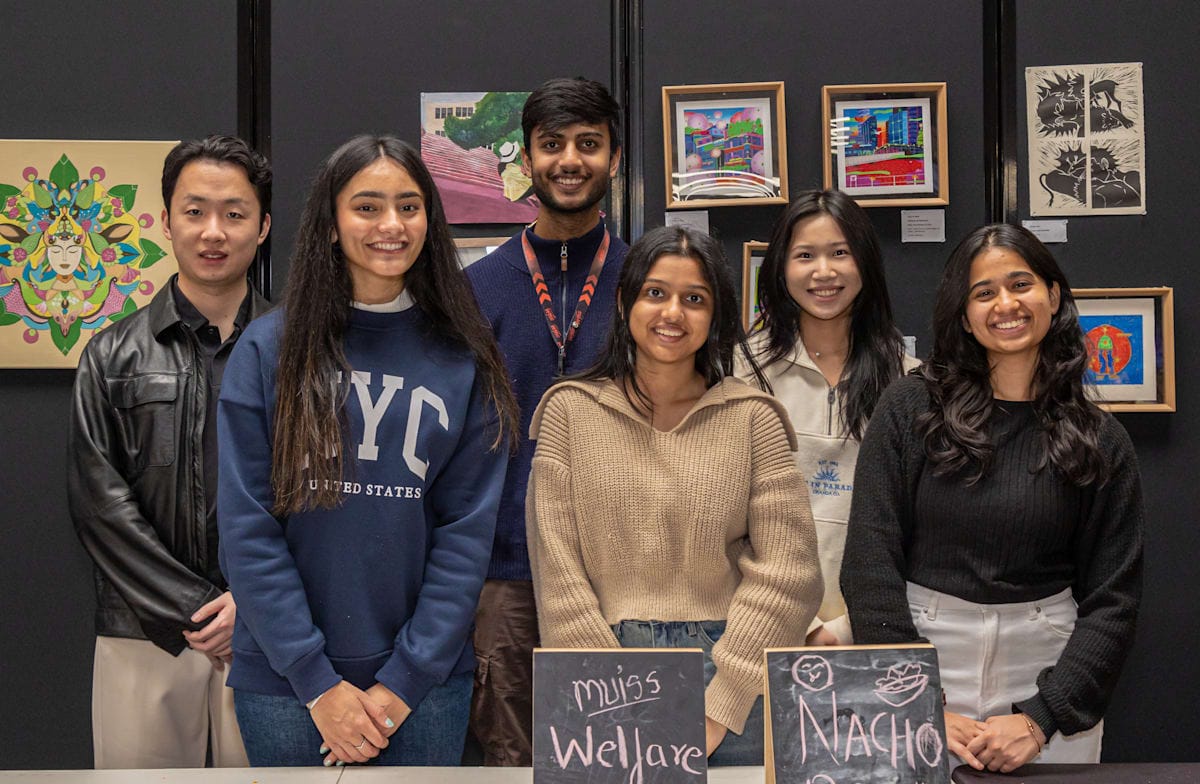
He’s been using his platform to advocate for students who are concerned about the visa price increases and growing negative sentiments towards them in the housing crisis conversation. Earlier this week he raised these issues at the Vice-Chancellor’s Students President’s Advisor Forum (VSPAF).
“I really want to highlight the positive impact international students are having, and what we can contribute to the community and society,” says Vedant.
“When there is a student cap, I really think society will lose out on a lot of things. It just won’t feel like a normal university if there isn’t that diversity on campus.
“We’re getting a lot of questions from students who are worried about the rising cost of living, and whether they can stay in Australia after completing their studies. There’s a lot of confusion at the moment.”
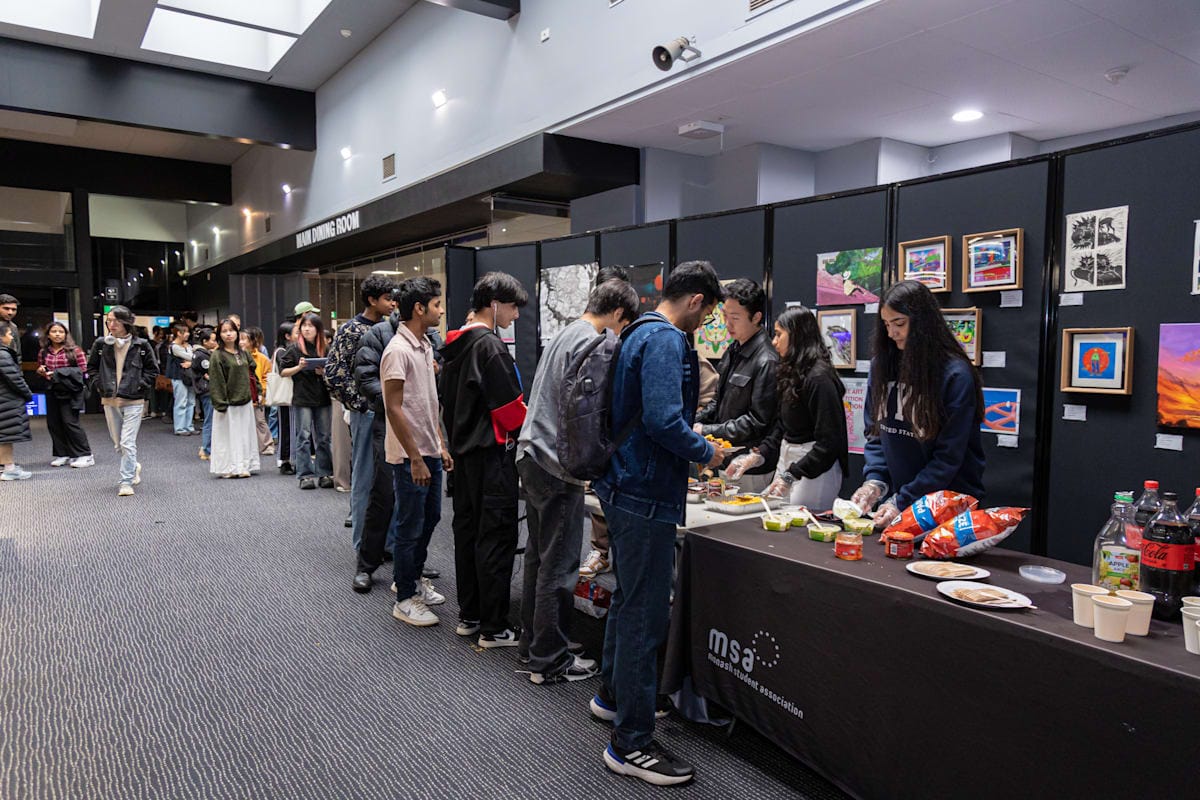
Vedant’s remarkable story was captured in this previous Lens article.
Aged 18, he survived a car crash that instantly killed his parents. Rather than being lost in grief, he won a scholarship to study biomedical science at Monash University, and travelled from his home in India to start a new life in Melbourne.
“If I wasn’t an international student my life would have been so different,” says Vedant. “I’m just so grateful for the opportunity to come to Australia and make a fresh start for myself.”
As treasurer of the International Student Association, Ayushi is responsible for building partnerships with local restaurants to offer discounted meals and delivery for international students. Sri Dwaraka, an Indian restaurant on Clayton Road, has benefited from this relationship.
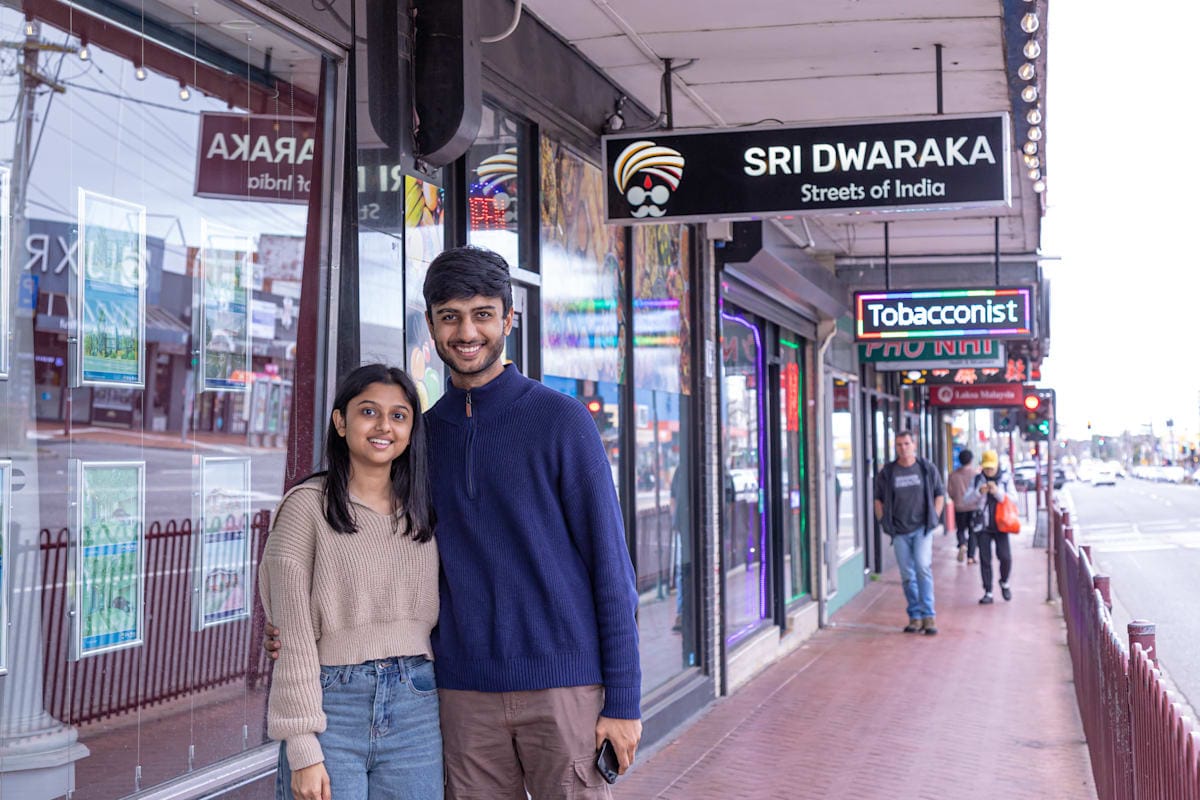
“They specialise in biriyani, which is similar to the food where I’m from in Gujarat, India,” says Ayushi.
“I was able to talk to the owner about how we could work together. Now we have plans to include food from their restaurant at a welfare lunch in the future.”
As evidenced by the above stories, international students provide a vital role in society, and breathe life into suburbs such as Clayton.
Alex Francis, coordinator of Clayton Road Traders Association, says the diversity of the area has created an exciting melting pot where people from different cultures come together.
“From an economic point of view, it can be really challenging for small business owners. They’re hardworking, very proud, and keep their cards close to their chest; they don’t tell you if they’re struggling. You can walk past one day, say, ‘Hi’, and are greeted with a smile, then a few days later they can be closed,” said Alex.
“International students are a huge part of the success of Clayton Road. I met with new students at Monash University during O-Week to talk about what Clayton Road has to offer, where to shop, and a guide to cheap eating.
“The area can be quite busy. I was there on a cold Tuesday evening recently, and was blown away, it was really pumping. There were a lot of young people and families out for dinner in the centre.”
How international students are helping the Clayton community
Winston Chee, manager at Dixon House Community Centre, runs workshops with international students who volunteer their skills to help members of the Clayton community learn new skills.
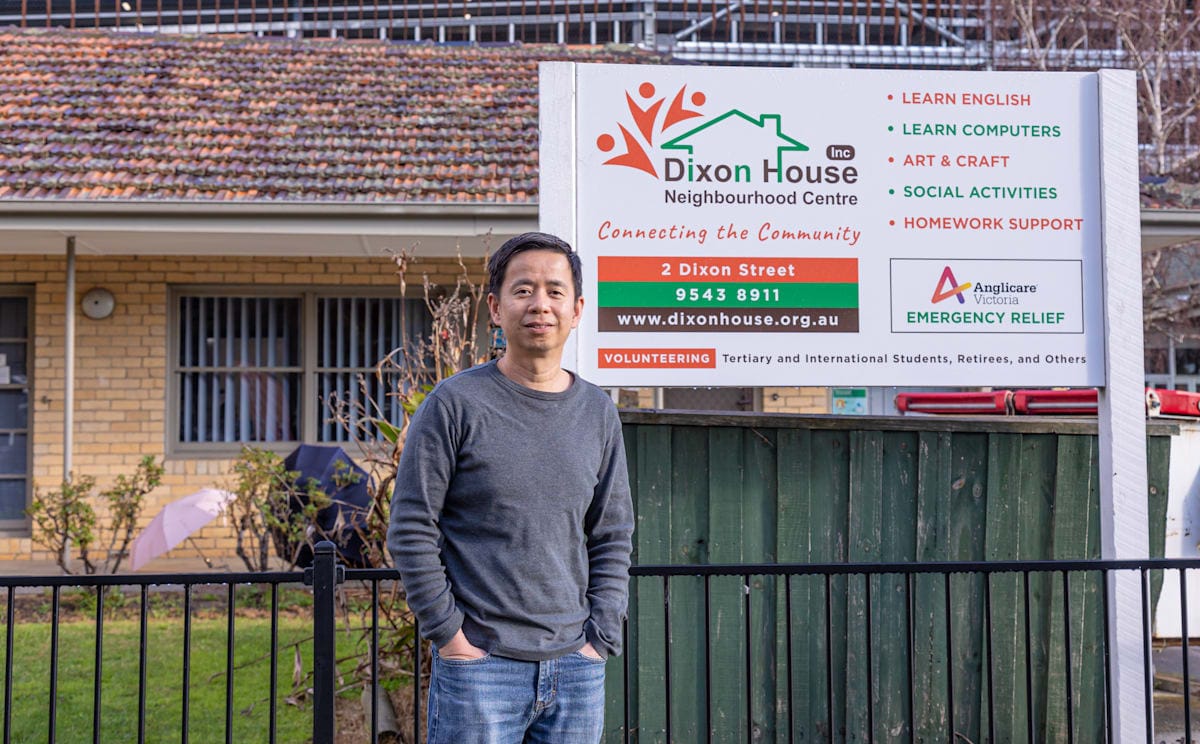
“As a volunteer-led organisation, we’ve really benefited from international students and the shared knowledge they provide,” says Winston.
“I’ve worked in Clayton for seven years now. I really like the diversity in the area; I think that’s been so important for the suburb as it has developed.”
Sky Shi, from China, is studying a Bachelor of Education (Honours) in Primary and Secondary Education at Monash.
He attends Dixon House every Wednesday, teaming up with other volunteers at an after-school homework club for local children.
“A cap on international students would impact our ability to enrich the community through mutual collaboration and learning, which is so valuable for our identity as a multicultural society,” says Winston.
“If there were fewer international students, then we would have less conversations with people from different cultures, which is so valuable for our community.”





